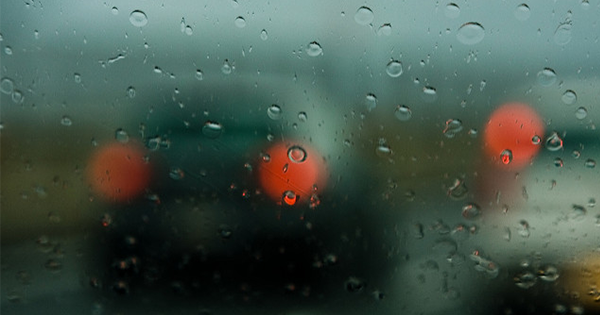
Over the weekend, my older brother was driving some friends and me back from a pre-wedding BBQ on Shelter Island to the house we had rented. It was after midnight, and we had all had some wine. I was in the passenger seat, in the back were a black friend, K., and his mixed-race girlfriend, S., squeezed next to a baby seat. Lying prostrate in the trunk (it was an SUV) was our friend J., who is white. My brother, who for the first time in his life owns a fast and expensive car, came around a dark stretch of road and yielded but did not fully stop at a sign. From the trunk, J. shouted to slow down; it looked like a cop had pulled out behind us. As soon as my brother turned the corner, the night flashed blue and red. We had all just been talking about the police earlier in the evening because K., a photographer, and I, had recently collaborated on a forthcoming article about the killings of unarmed black men around the nation.
My brother stayed calm and lowered his window. All we could do was wait until the cop approached and shined his light inside. The man was white, strong-looking and polite. He told us we had been doing 55 in a 35 and mentioned our failure to stop. He asked for my brother’s license, the physical copy of which was laughably broken in half, the top completely missing. My brother showed him a photo of his ID that he keeps on his iPhone. The officer took the broken license and registration back to his vehicle, and we waited. When he returned, the strangest thing—at least as far as I have learned to perceive the world—then happened. He handed the documents back and said, “Hey, look, there are a lot of deer out tonight, just please do me a favor and get home safe. You have a good night.” Then he let us go.
We were astonished. In the past my brother has been a victim of police brutality. An officer from the Fanwood, New Jersey, police department hit him in the teeth with a service flashlight over a parking ticket—a horrible altercation I wrote about in my memoir, Losing My Cool. My brother was the last person among us to have expected to be let off so easily, though he also observed that the police have been consistently more respectful with him since he bought the new car. I only realized after we pulled away how deeply frightened I had been, knowing that the entire interaction had been determined not by anything we could do but by how the officer had elected to behave. And I couldn’t help wonder: if this is an approximation of what #drivingwhilewhite feels like, then it is going to be very difficult to get a significant part of the country to appreciate what so many of the rest of us are afraid of.

